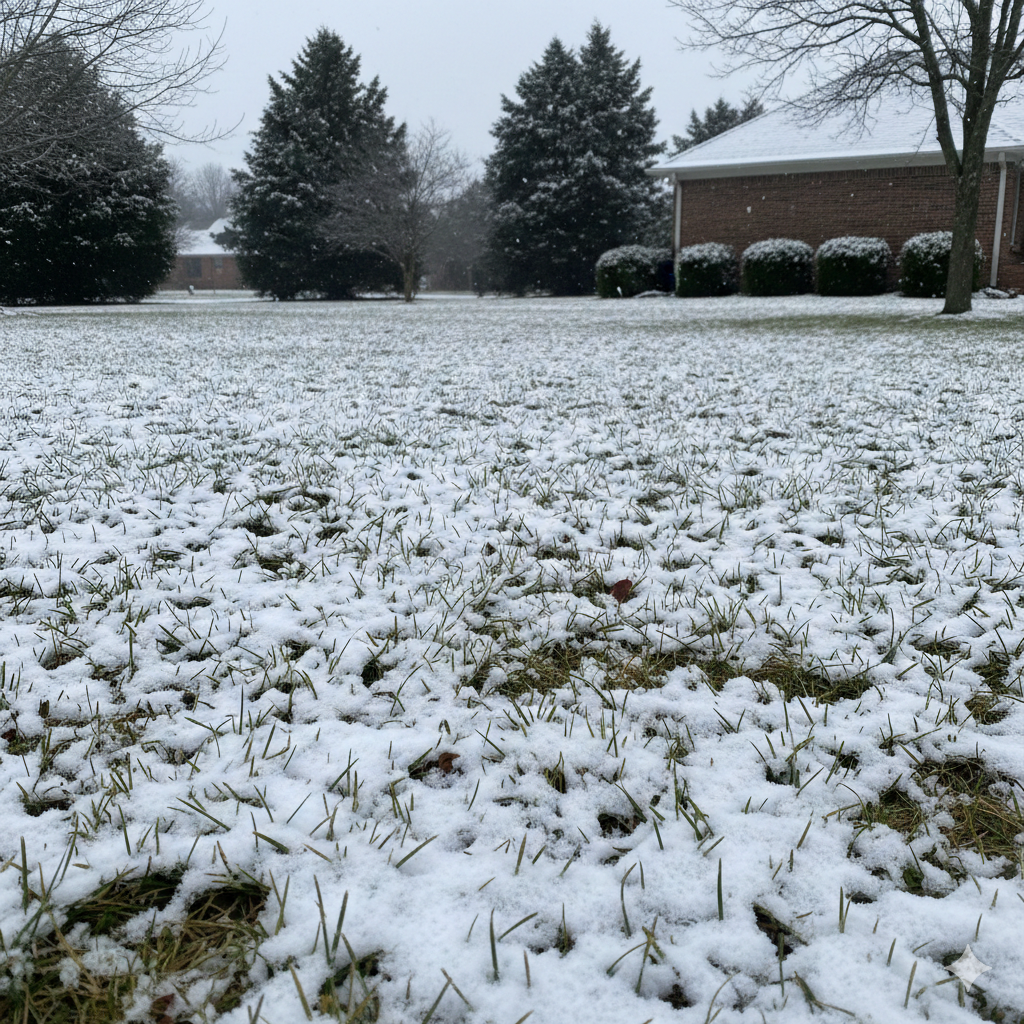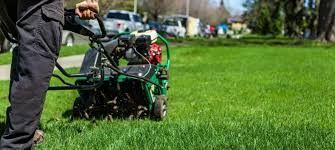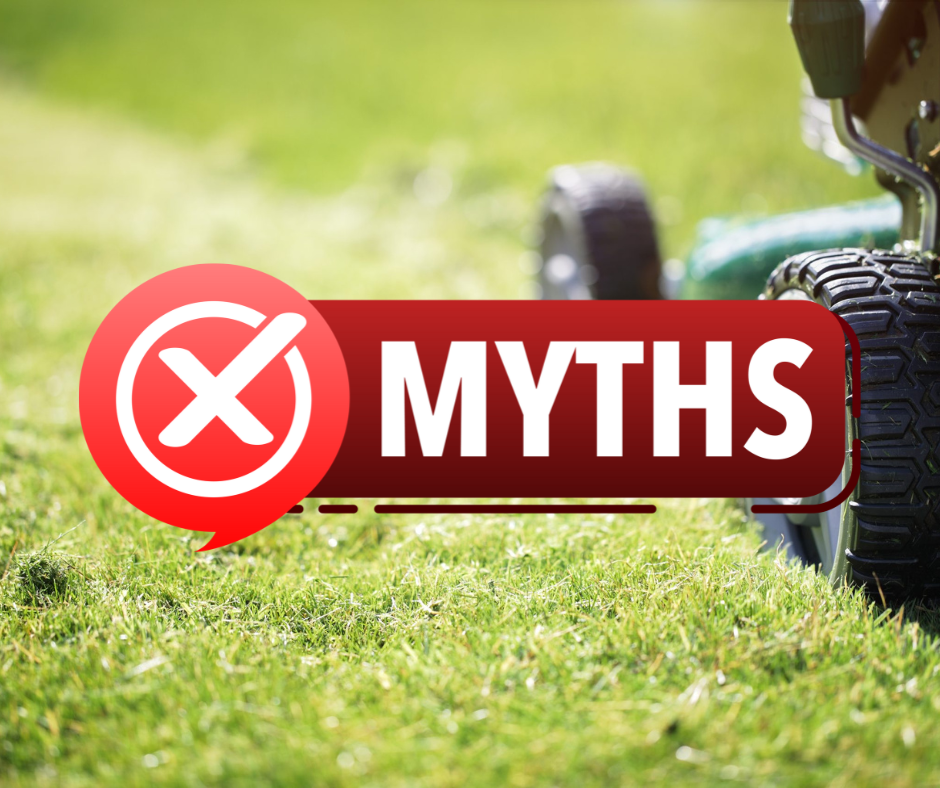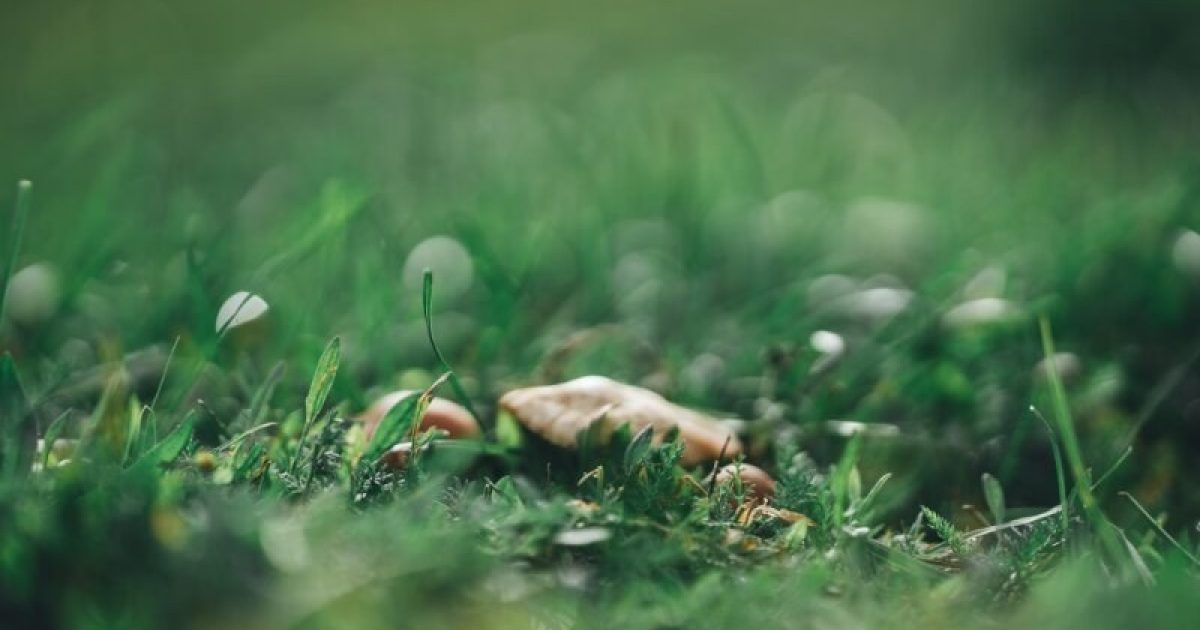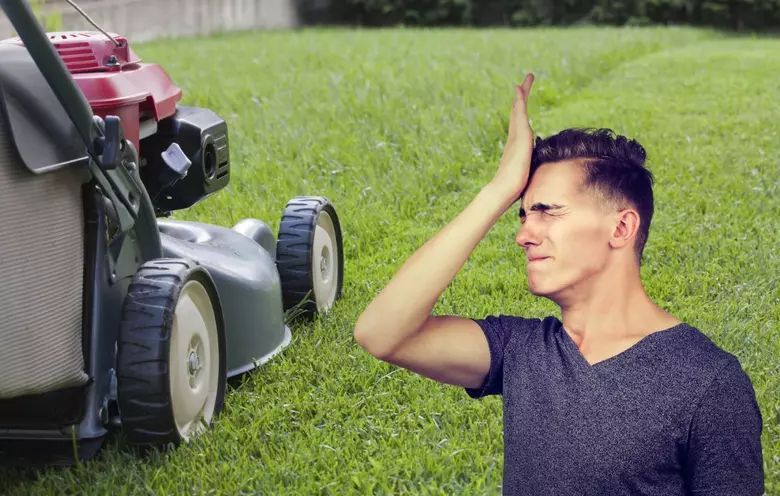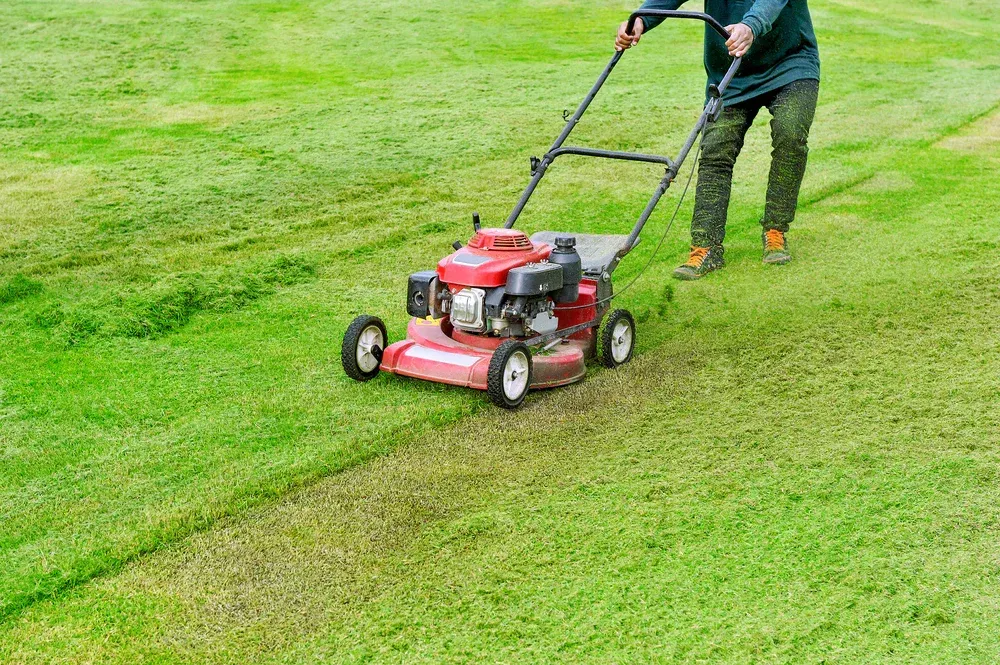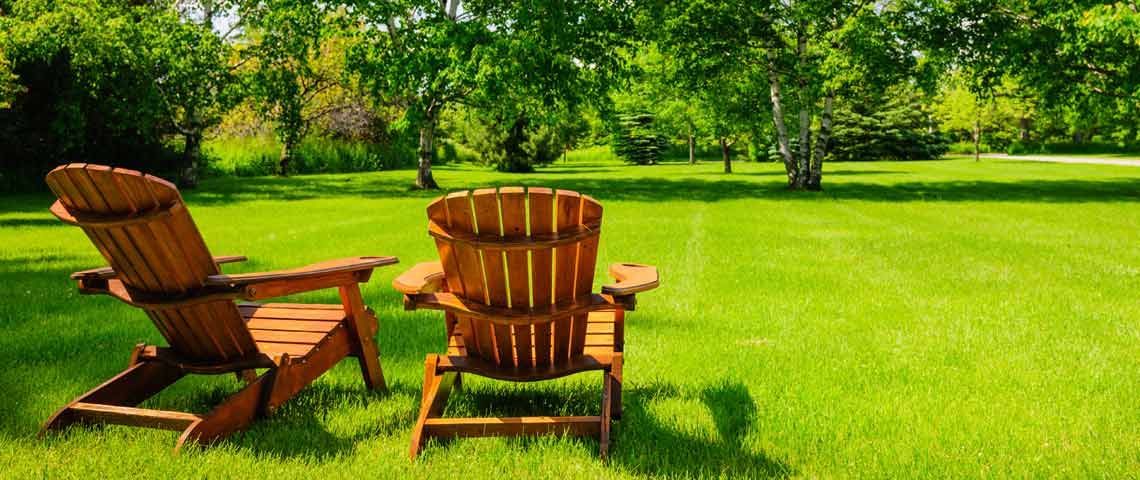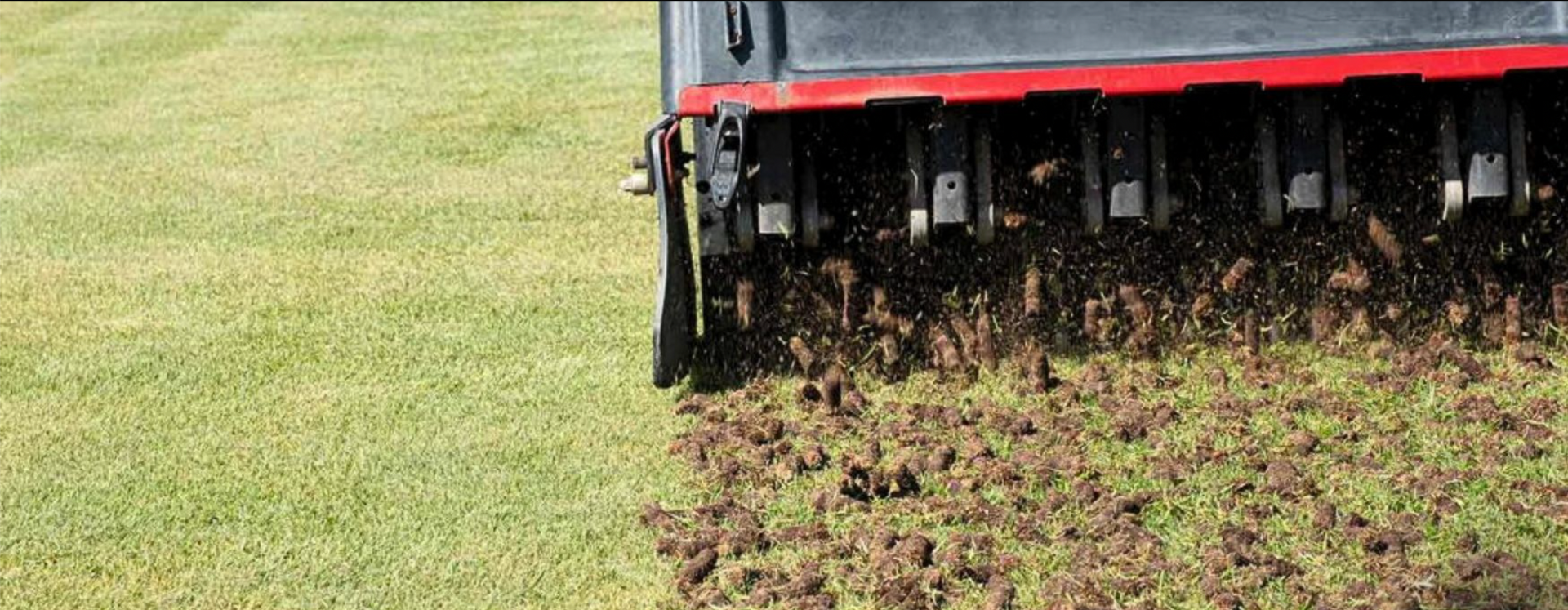Unlocking the Secret to a Lush, Green Lawn: Expert Fertilization Tips
Unlocking the Secret to a Lush, Green Lawn: Expert Fertilization Tips
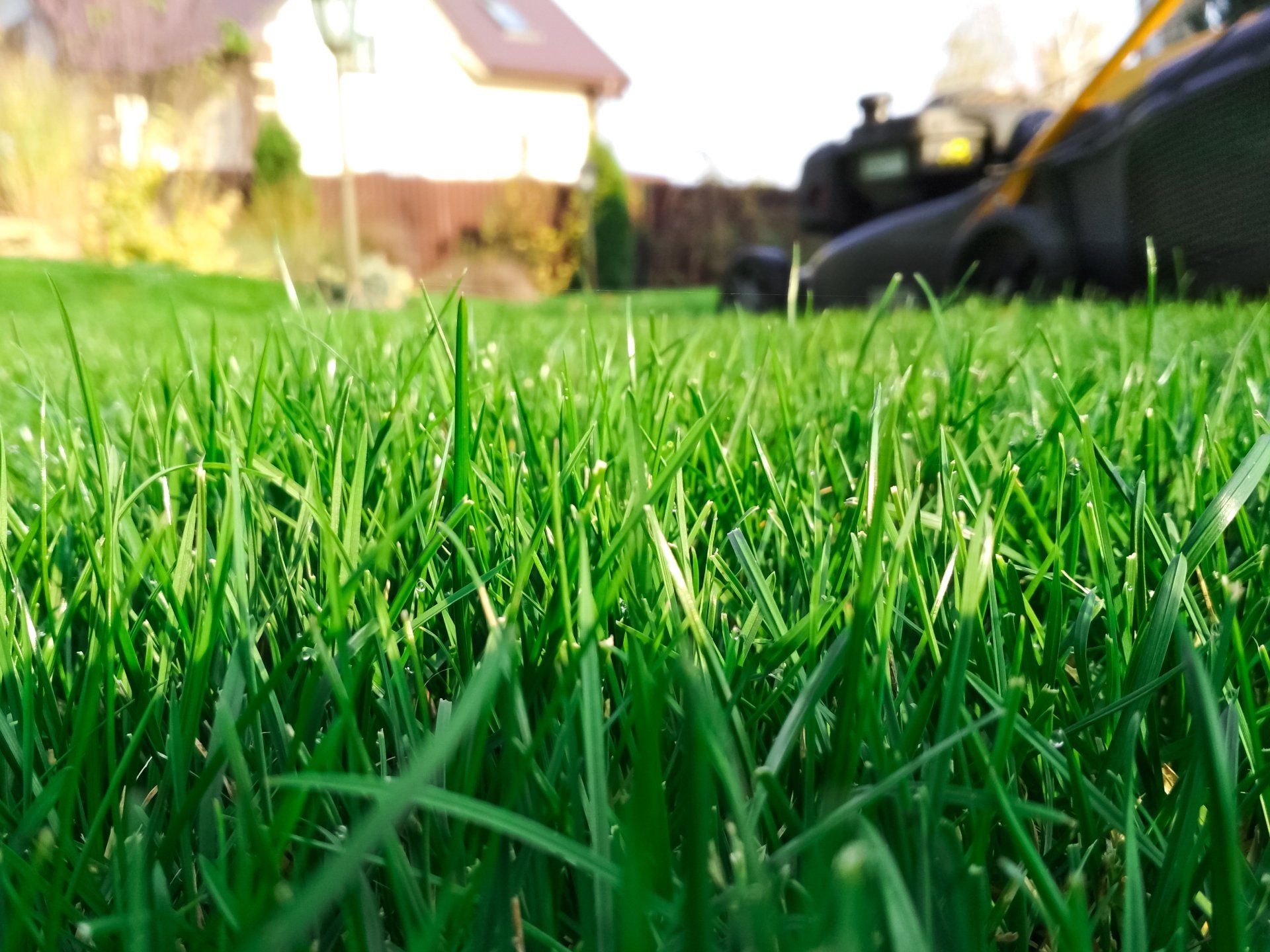
A beautiful, healthy lawn is more than just an aesthetic pleasure—it enhances your property’s value, improves air quality, and creates a welcoming outdoor space. At Nature’s View Lawnscapes, we specialize in expert lawn care and fertilization across South Carolina. If you want a thick, green lawn that thrives year-round, proper fertilization is the key. Here’s everything you need to know!
Why Fertilization is Essential
Grass, like any plant, requires nutrients to grow strong and healthy. Over time, soil loses essential nutrients due to weather, mowing, and foot traffic. Fertilization replenishes these nutrients, ensuring your lawn has everything it needs to flourish. Without the right nutrients, your grass may turn yellow, thin out, and become more susceptible to weeds and disease.
The Right Time to Fertilize
Timing is crucial when it comes to fertilizing your lawn. In South Carolina, where warm-season grasses like Bermuda, Zoysia, and Centipedegrass are common, the best fertilization schedule includes:
- Spring (March-April): Apply a balanced fertilizer to kickstart growth after winter dormancy.
- Early Summer (May-June): A slow-release fertilizer helps sustain strong growth during hot months.
- Late Summer (July-August): Additional nutrients prepare the lawn for the late-season stress.
- Fall (September-October): Applying a fertilizer with potassium strengthens roots for the winter.
Choosing the Best Fertilizer for Your Lawn
Not all fertilizers are created equal. The three primary nutrients in fertilizers are:
- Nitrogen (N): Promotes lush, green growth.
- Phosphorus (P): Supports strong root development.
- Potassium (K): Enhances disease resistance and overall health.
Selecting a fertilizer with the right nutrient balance depends on your grass type and current soil condition. A soil test can help determine exactly what your lawn needs.
Proper Fertilization Techniques
To get the best results, follow these expert tips:
- Use a Spreader: Whether you choose a broadcast or drop spreader, even application is key to preventing patchy growth.
- Water After Application: Lightly water your lawn after fertilizing to help nutrients soak into the soil.
- Avoid Over-Fertilization: Too much fertilizer can burn grass and cause excessive thatch buildup.
- Combine with Proper Lawn Care: Regular mowing, aeration, and weed control will maximize fertilization benefits.
Organic vs. Synthetic Fertilizers
Homeowners often ask whether organic or synthetic fertilizers are better. Organic fertilizers, made from natural sources like compost and manure, improve soil health over time but work more slowly. Synthetic fertilizers provide immediate nutrients but need careful application to avoid overuse. At Nature’s View Lawnscapes, we can help you choose the best option based on your lawn’s specific needs.
Get Professional Lawn Care Help
Fertilization is both a science and an art. For the best results, trust the professionals at Nature’s View Lawnscapes. Our expert team provides customized lawn fertilization and care services throughout South Carolina. We tailor each treatment plan to your lawn’s unique needs, ensuring a lush, vibrant yard all year long.
Call us today at 864-416-5119 to schedule a consultation and take the first step toward your dream lawn!


